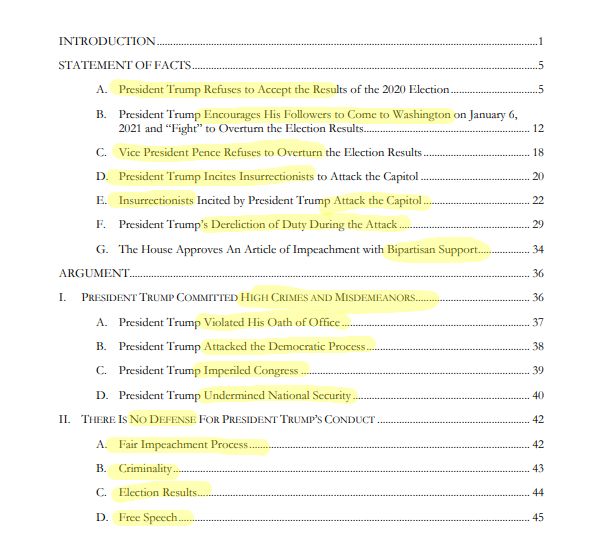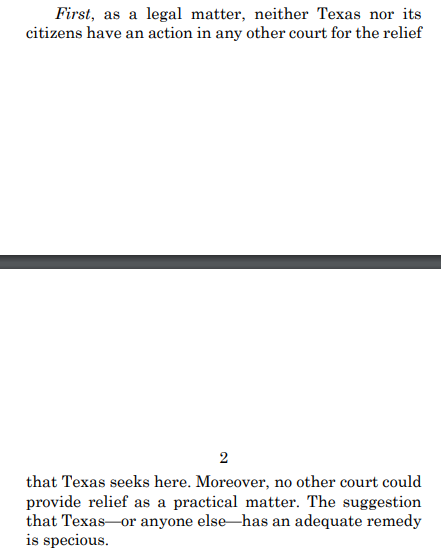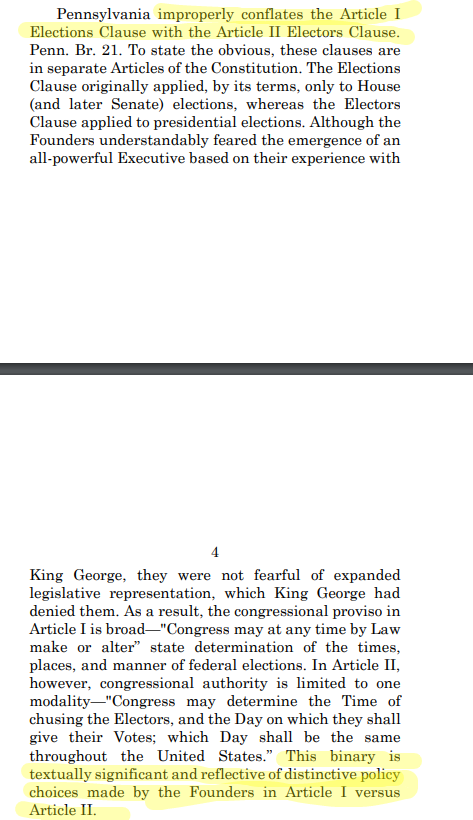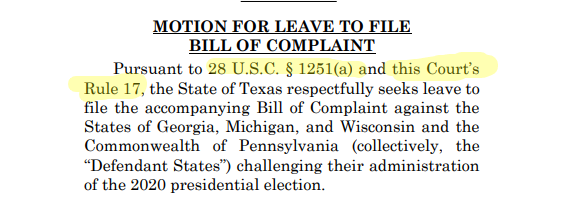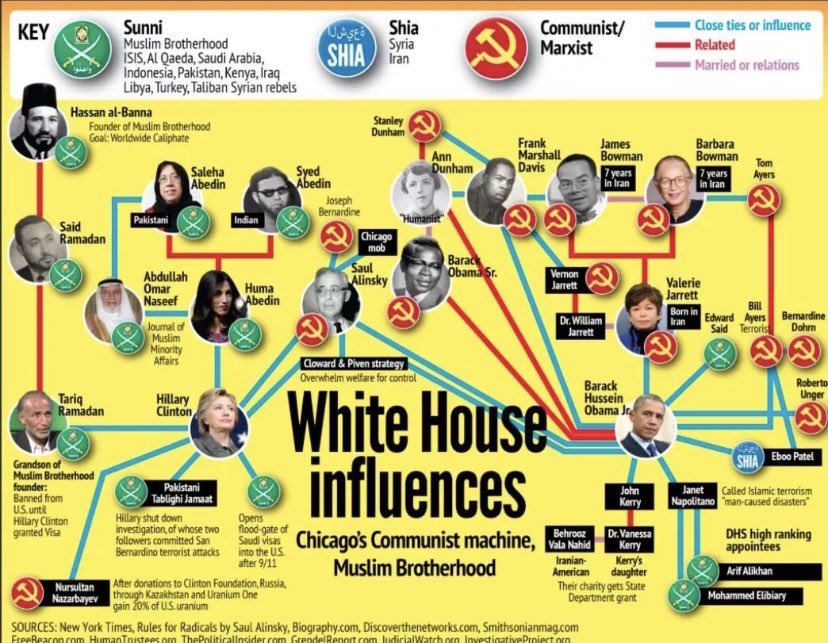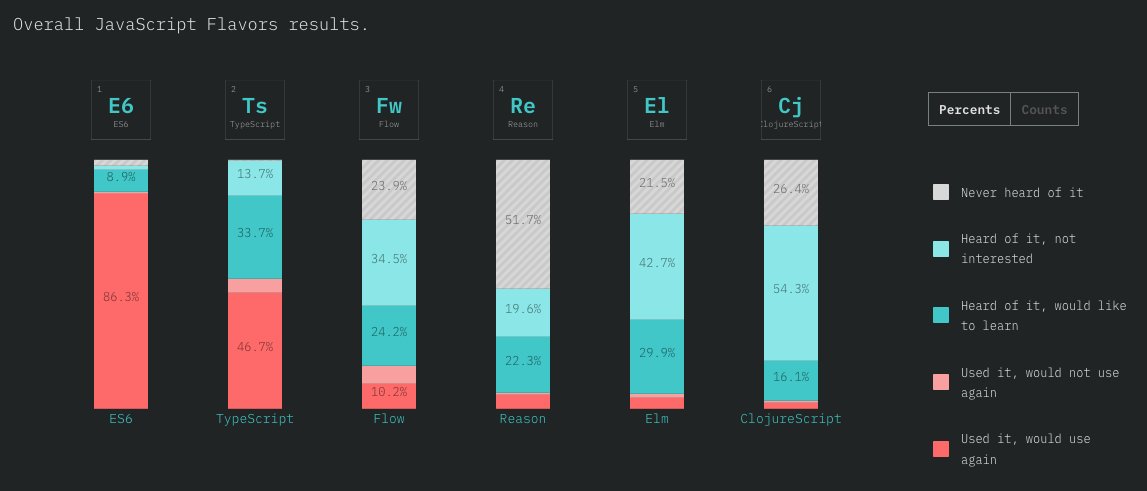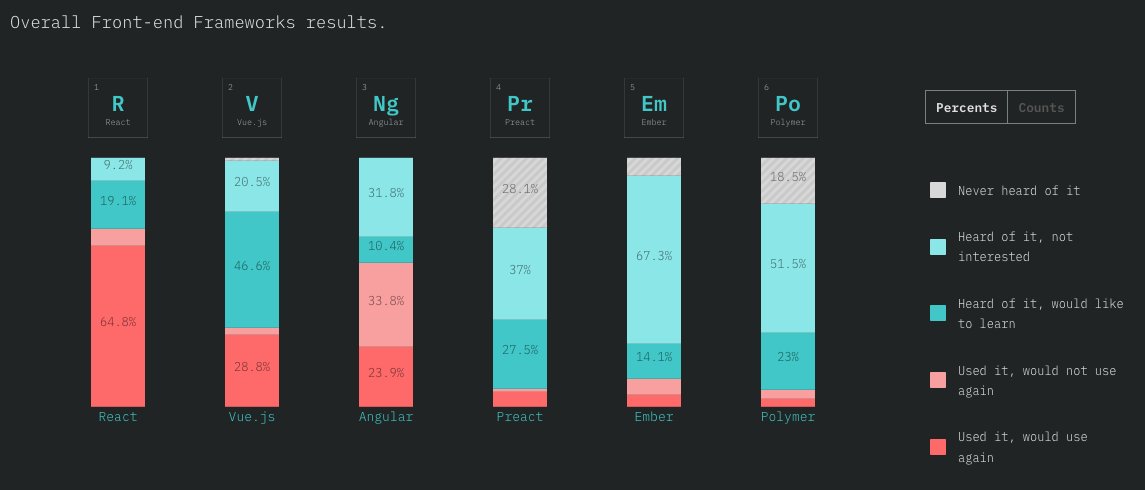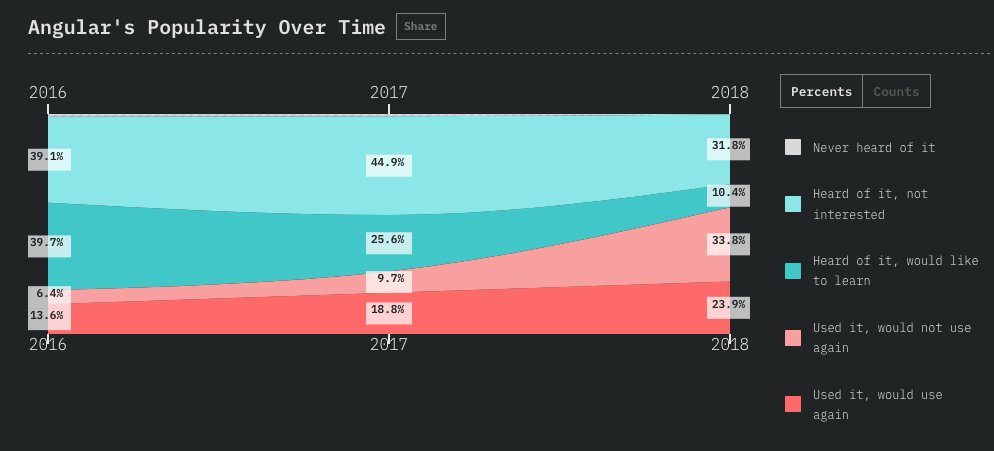I apologize in advance to my wife, who would very much prefer I be billing time (today's a light day, though) and to my assistant, to whom I owe some administrative stuff this will likely keep me from 😃
OK, #Squidigation fans, I think we need to talk about the new Wisconsin suit Donald Trump filed - personally - in Federal Court last night. The suit is (as usual) meritless. But it's meritless in new and disturbing ways. This thread will be
\U0001f6a8BREAKING: Trump files new federal court lawsuit in Wisconsin challenging the results of the election.https://t.co/LfKb2PUIkq
— Marc E. Elias (@marceelias) December 3, 2020
I apologize in advance to my wife, who would very much prefer I be billing time (today's a light day, though) and to my assistant, to whom I owe some administrative stuff this will likely keep me from 😃
OK, #squidigation fans. This is a new Wisconsin case not filed by the Krake[n/d] team of Powell and Wood and NOT focusing on wild conspiracy theories. It's a competent and professional filing that raises things that would be real issues ... if you don't understand why they aren't https://t.co/ETvUiWV5du
— Akiva Cohen (@AkivaMCohen) December 1, 2020
Every one of these Trump election suits is the same gobbledygook garbage barge:
— Liz Dye (@5DollarFeminist) December 3, 2020
FRAUD!
It coulda happened.
Well, no, we can't prove it.
But just to be safe, best let the gerrymandered legislature give us all the electoral votes!https://t.co/Z926668H05 pic.twitter.com/xGZsJKIO7Y
https://t.co/2uHpWCtHXe
First of all, note the plaintiff in the new Federal suit, and compare it to the plaintiffS in the Wisconsin suit

https://t.co/8OGzc3wzWm

Article 1, §4 is the Elections Clause: State legislatures get to set the "time, place, and manner" for Congressional elections

1) Changing absentee/mail in ballot rules
2) Using drop-boxes
3) Counting ballots without poll watchers able to see
4) Messing with the certifications on mail-in ballots
5) "Permitting ballot tampering"

But it goes further:

Nope, he was not



Next category: Absentee ballots from people who self-identified as "Indefinitely Confined"
— Akiva Cohen (@AkivaMCohen) December 1, 2020
This was the subject of prior litigation, Jefferson v. Dane County, when Dane County announced that voters counted as "Indefinitely Confined" under the governor's "Safe at Home" order
https://t.co/x7E1trrHrS


First, Trump is *asking the Court to interpret the Wisconsin Election Code* in order to reach a conclusion that *nobody* can interpret the Wisconsin Election Code without violating the Constitution

Federal courts are prohibited from second-guessing that
Because the Wisconsin Elections Commission? That's not an agency of Wisconsin's executive branch.
It was established *by statute* specifically to manage and administer *and interpret* Wisconsin elections and election law

More from Akiva Cohen
Here's the meat of their intro: Amazon isn't being fair to us. They're holding us to a higher standard than Twitter - they say we allow violent content, but look what Twitter does!
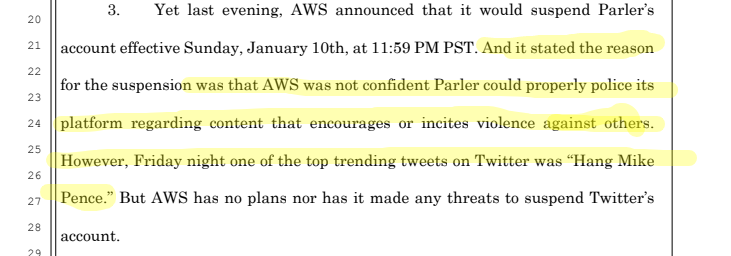
There are a few problems with this approach. First, there's a factual problem: Twitter and Parler take very different approaches to moderation. Hell, *that's Parler's entire pitch.* So "we're the same as Twitter, why are you treating us different" isn't going to fly
ALSO, the hashtag was mostly people saying "these folks are calling to hang Mike
Five minutes of scrolling a search for #hangmikepence, a gallery: pic.twitter.com/40hsyJNK50
— Jawafawa (@jawafawa) January 11, 2021
And ALSO also, did anyone notice any prominent right wingers complaining about losing tens of thousands of followers yesterday? You know why they did? Because Twitter has been active in deleting accounts that violate its TOS
More from Trump
If you incite violence on Twitter, the company can - and should - stop you. Good call.
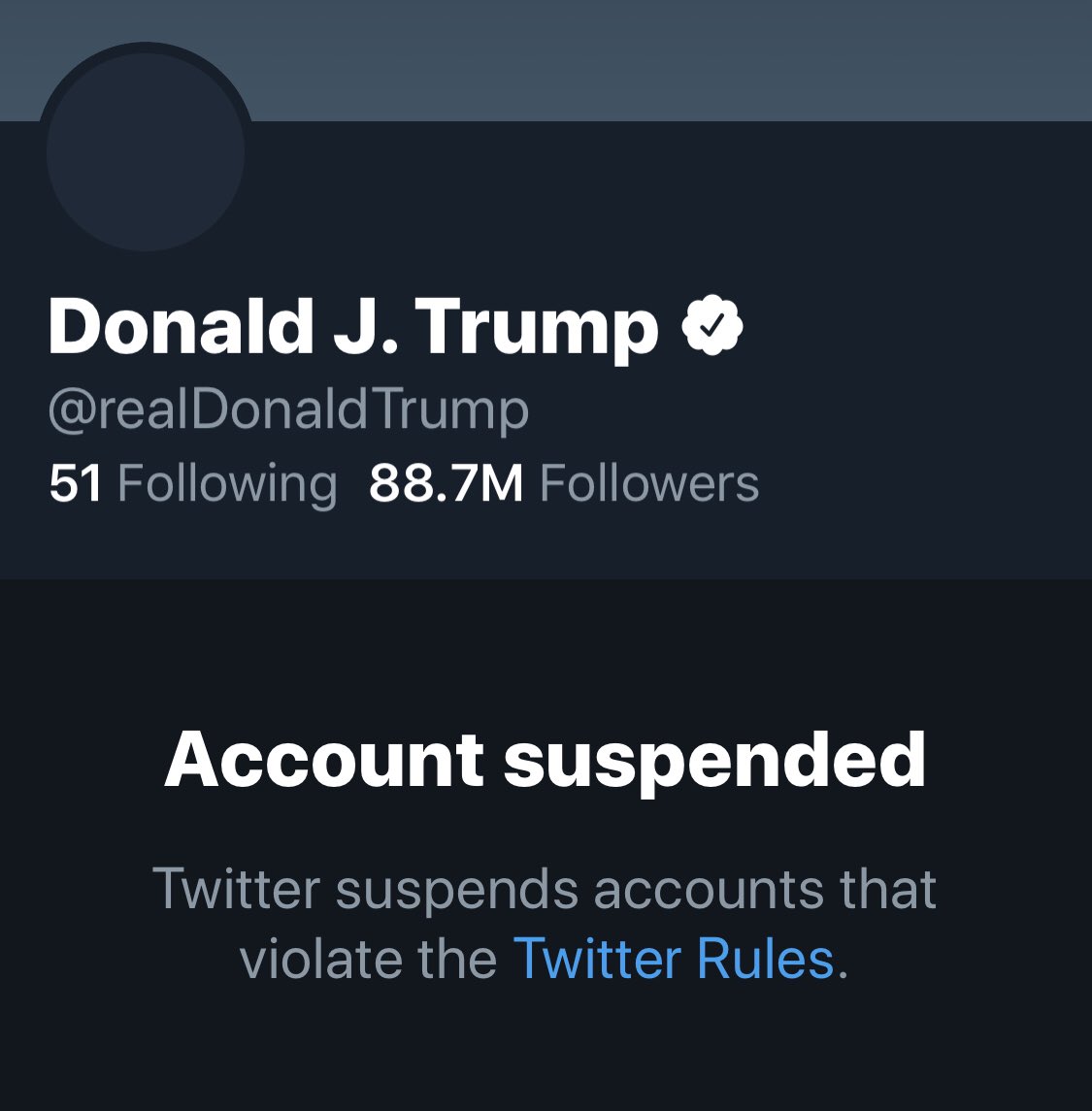
Plans for “future armed protests” are spreading on Twitter and elsewhere, the company warned, “including a proposed secondary attack on the US Capitol and state capitol buildings on January 17, 2021”.
Yes, people who boosted their careers off of Trump - his sycophants, his kids & people like Haley, who helped him attack and undermine human rights around the world - are boo-hooing right now.
Always beware of powerful people pretending to be victims.
https://t.co/0A5D5eJFvL
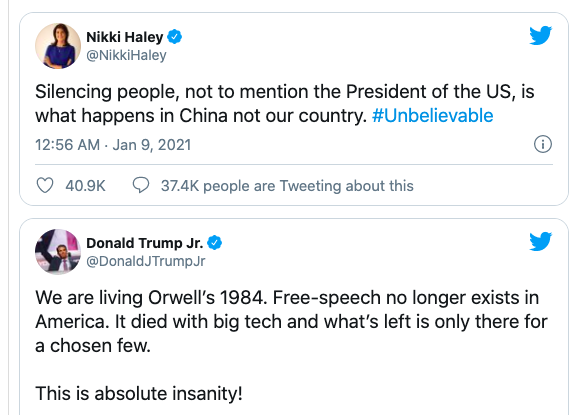
But no one should react with glee. The president of the United States has been inciting violence, and Republican Party leaders, along with a willing, violent mob, have been aiding his attempts to overthrow the democratic process.
That's the real story here.
The dangers are real, and we've all seen them. That Twitter even had to contemplate banning any politician for inciting violence is awful. That they had to ban the sitting president for it is even worse.



